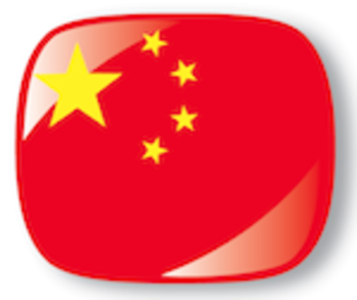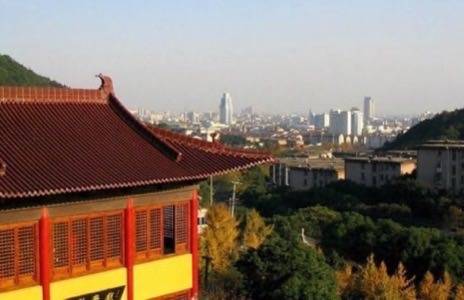Xi Guohua, China’s vice-minister of industry and information technology, has announced that the MIIT is working toward a national IoT plan. The announcement was made at the recent China IoT Conference in Shanghai.

TCMnet reported the announcement.
“According to Xi, MIIT will fix a clear positioning, development goals, timetable and roadmap of IOT industry… It will strengthen policy supports to IOT, including financial and taxation measures.”
The seriousness of the Chinese effort is underscored by the source of the push.
Florian Michahelles blogged about attending the conference.
“(T)he entire hype for Internet of Things has actually been jump started by the current premier minister Wen Jiabao mentioning Internet of Things as one of the key industry areas for China.”
ReadWriteWeb covered the speech Michahelles mentioned, among others from the Chinese leadership earlier this year.
Internet + Internet of Things = Wisdom of the Earth

“It started on Aug. 7, when Chinese Premier Wen Jiabao made a speech in the city of Wuxi calling for the rapid development of Internet of Things technologies. It included this equation: Internet + Internet of Things = Wisdom of the Earth. Wen Jiabo followed up with a speech on Nov. 3 at the Great Hall of the People in Beijing, in which he encouraged breakthroughs in key technologies for sensor networks and the Internet of Things.”
IoT Capitol
An interesting by-blow of this plan is the de facto emergence of the city of Wuxi as the China’s IoT capitol. A sensor project helped to clean up a lake there and the city’s mayor proclaimed it the 530 Project: bring 30 IoT entrepreneurs to Wuxi within five years. Startups are supported and given free office space.
“When the Chinese government gets behind something, it’s usually a done deal,” says Robert Kong Hai (@weirdchina), an American writer and author living in China.
“This is the advantage or disadvantage of a socialist/capitalistic type of system. As an example, just look at how much money China threw at its railroad secter to now lead the world. IoT technology with be no different. Remember, with a one party system most people get on board; this means less dissent so things tend to move really fast.”
China vs. Everyone Else
You have to wonder if there are American mayors taking such brave positions (or Finnish, Russian or Botswanan mayors for that matter). But then, Chinese mayors are in some ways inheritors of the powers of the old war lords of history. (The occasional prosecution of mayors for corruption is a good indicator of this.) Not to mention, it’s always easier to take such a step when someone in a position of profound national power sanctions it.
It will be interesting to see how China’s plan compares withEurope’s. For one thing, given China’s militant dedication to supression of non-official speech, progress will certainly not hang-fire on privacy concerns. Security issues on a national level will be important but personal security probably won’t. Perhaps this is one situation in which the omission of pesky human rights will speed the plough.
Robert Kong Hai:
“The EU is different because, since it’s a more open system, political parties, interest groups, etc., can demand changes – and more importantly, apply pressure to ensure privacy protections. With a one party system like it is here, politically, everyone agrees, so when the government backs something, it generally moves as one machine to get it done and without much dissent. As for the business, many of China’s business leaders are also part of the same system, so most would naturally back the government.”
Wuxi photo from Wikipedia Commons

















